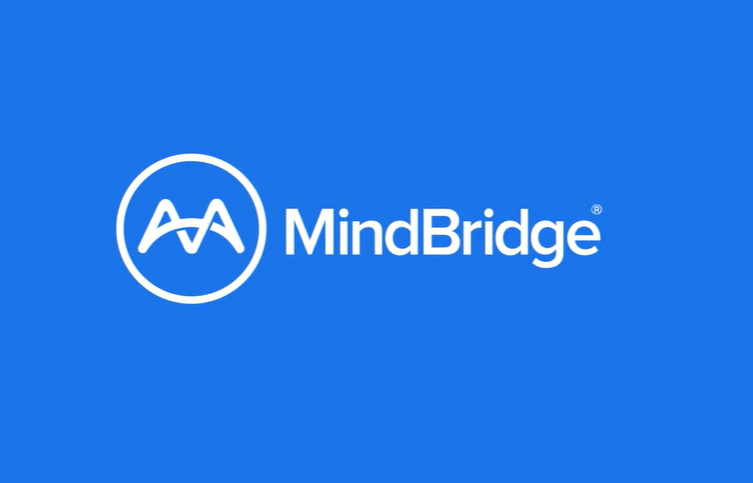In Daniel Pink’s popular book, “A Whole New Mind: Why Right-Brainers Will Rule the Future,” he discusses the seismic shift in thinking and service from the left-brained logical thinkers to the right-brained non-linear holistic thinkers. The first group thinks in order, the latter thinks outside of the box.
This book is really an eye-opener and totally solidified my penchant towards creative services and our customers who think outside of the box. These customers see what is not there, and I love to pursue ideas with them that can change their lives … not merely finish their tax returns.
Pink notes three huge changes in our world that are forcing our left-brain restrictions into more creative right-brain “soft skills”: Abundance, Asia and Automation.
The material abundance in our world, the shift of left-brain services to Asian countries and the fact that technology is bringing automation to so many of our mundane tasks, has forced this need to remain relevant in a new world of right-brained weirdos.
Innovation is the core of new products, new services and new ideas. And creativity and innovation bring us so many enhancements in life. BMWs, iPhones and Twitter all came from someone thinking outside of the box. Why can’t creativity make us better accountants and change our clients’ lives in the process? I believe we can offer more innovative services to clients that can enhance their lives and businesses, but we have to make these services up, price them high and practice innovation!
To the masses of public accountants, I believe these “weird” ideas may be scary because they seem to be saying that the tax and accounting professional’s job is in danger. Maybe you think if you don’t have tattoos or wear tie-dye to work then your world will be quickly absconded by a bunch of artistic accounting posers pretending to be good at math. But it is quite the opposite. Our profession is simply changing, not going away. And there is great joy in serving new customers with newfound creativity. This has always been considered a “most trusted” profession where financials are concerned, and it has the potential to also become the most trusted profession in creating new services and changing business minds all around our world. We are the closest profession to the business process, and we should dictate its greatest changes for the future!
In his book, Pink highlights six essential new senses that he feels are going to be necessary in our new world of creative service:
1. Design is the ability to not only create functional services and products, but the ability to create client experience around how you deliver your service. Make the delivery of your tax return beautiful with well-designed online forms, branded firm portals and amazingly clear tax analysis reports for your clients.
2. Story is the ability to fashion a compelling narrative from the plethora of data in our world. Yours and your client’s lives are full of information now, and access to additional data is growing every day. We need story to bring the information together in a way that can affect great change in our lives. Story is all about creating compelling arguments and persuasive communications.
3. Symphony is the ability to put the pieces together from our world of great specializations. Technology is taking over a lot of our day-to-day activities, and it’s time to bring not only analysis within our specialty, but synthesis. This is the ability to take raw information and create the client’s “why” behind their “what.” Synthesis is all about creating theories that can be strong foundations on which to operate our businesses.
4. Empathy is not only the focus on logic, but the ability to build strong bridges into deep relationships, to know why our fellow man and woman do what they do, and to know how to build caring into everything we do. Logic can win an argument between you and your clients, you and your staff, and you and your spouse. But winning in these contexts is not the highest goals within relationships. Understanding the deeper meaning behind our discussions or disagreements is imperative for investing in our future relationships.
5. Play is another essential sense that our clients want to see. Facebook is one way for our clients to see that we have fun in our personal lives … and are enjoyable to be around. And younger clients really appreciate knowing their professional service provider in deeper, more enjoyable ways. Without time for play, professional accountants will become more of what our world already perceives our profession to be — stodgy, boring and logical.
6. Meaning is a more spiritually attuned purpose behind why you do what you do. As a Christian, I find this very important as I search for a daily balance between my work and my personal life. Pink mentions this concept in terms of not just striving to accumulate things, but finding the ultimate purpose behind why you do what you do.
Next month, we’ll talk about how to become creative in our firms and how trying on these new six senses can change our firms, our staffs and our clients. For now, allow yourself to see our profession as something different than it has been for the past 30 to 40 years. Perhaps you’re thinking this is not for you or your practice, but maybe giving a little freedom to your younger staff to employ Design, Story, Symphony, Empathy, Play and Meaning into their work will bring a newfound freshness to how your clients view you and your firm’s innovations.
Thanks for reading CPA Practice Advisor!
Subscribe Already registered? Log In
Need more information? Read the FAQs




